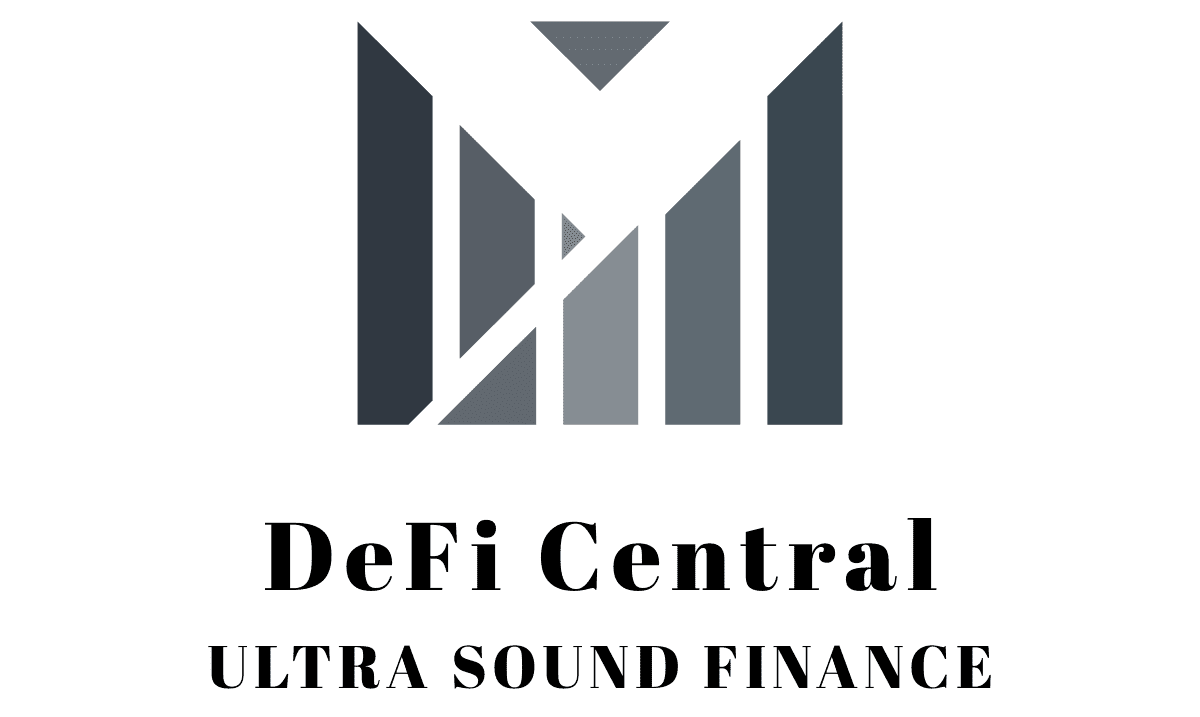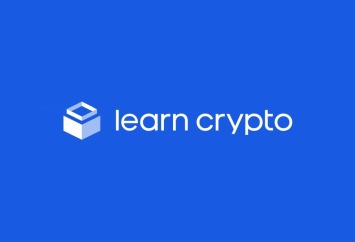
In 2022 I founded an online community. The idea for doing something of the sort had been brewing for some time, and soon after I launched, Balaji Srinivasan released The Network State, a book that provided a great deal of inspiration to me.
What I am currently building would most likely be described by Balaji as a startup society, which is the initial phase for building a network state. There is no necessity to go all the way to becoming a network state, a community can find its sweet spot at any point in the continuum between startup society and a full-blown network state. I might add that it remains to be seen whether the network state is even achievable. That would be one monumental milestone in human history for sure.
I’ll be updating this post with lessons learned during the journey and updates on what worked for us.
Community Membership
Right from the start, I made it very clear that I would be curating the membership process for the community.
I feel that the internet in general has become an extremely noisy space. Giving a voice to everyone turns out to be pretty chaotic, and we all tend to waste too much time on people spouting nonsense that we shouldn’t be reading in the first place, let alone engaging with.
Secondly, even in communities that are focussed on specific topics, it is still a struggle to keep a cohesive conversation going, and discussion often degenerates into noise and filler talk. NFT communities have the additional burden of keeping everyone happy from a financial perspective. This means that talk within the community is frequently linked in some way to the price members paid for their token and their current state of satisfaction with the perceived value and actual price of that token.
Thirdly, we are currently living in a world where political correctness and virtue signaling have become extremely important drivers of behavior, both online and offline. People get offended at the drop of a hat, and as a result, it’s become hard to get honest and hard-hitting conversations going. I wanted to hang out in a community where people can speak their minds without any fear.
With these three points in mind, curation was the only option that made sense to me. The challenge with having a gatekeeper is to avoid creating an echo chamber.
The solution to the echo chamber problem, as I discovered, is to have people who have a shared set of core values and a specific mindset. Once we all share the same mindset and values, there is no problem with unnecessary conflict, while at the same time there is enough flexibility to discuss topics where we can individually have wildly different opinions. The fact that the underlying mindset and values are the same enables us to speak freely about our differing opinions while keeping an open heart and mind to what others are saying.
To illustrate via an example, you can have a community that has a growth mindset and whose core belief is that “Bitcoin is the best form of money known to man”. While promoting fiat money versus Bitcoin is bound to cause issues within that community, there would be no problem with a discussion on, say, alcoholic beverages. You could have people discussing their passion for wines while others might be teetotallers, and there is no issue because the merits and demerits of alcohol consumption are not a core belief of the community.
Over the course of 8 months, there has not been a significant issue with conflicts between members, even though the chat channels are very active and a very wide range of thorny topics have been discussed. I am convinced that the shared values and mindset are what enable this.
Balaji’s idea is that a society should have one commandment that is shared among all members, and I’ll be working on figuring that out for our group to see if we can indeed nail our commonalities down to just one sentence.
Group size is an ongoing experiment and I don’t have any big conclusions so far. At around 50 members it still feels very cozy and manageable, but I’m curious to see how that will change when/if we hit bigger numbers. One other benefit of the curated membership process is that we don’t have a sudden influx of new members. I can sustainably add members and take corrective action if we see that the chat is getting out of hand or if any other problem has been created due to bigger numbers.
Technology
The platform choice for building a community right now lies between two very successful applications: Telegram and Discord.
I use Discord heavily due to my involvement in many NFT projects, and while I like the way a server can be organized and divided into various channels, I am quite conscious that I tend to spend too much time on this app already, and trying to build a community within an app where I have all the distracting NFT project servers competing for my attention wouldn’t be a great idea.
Telegram, on the other hand, is more mainstream and simple. So I kept things simple and went with Telegram. At a certain point, since we realized that we were spending a lot of time talking about NFTs, a topic that did not interest all the community members, we split things into two Telegram groups. Going forward, the main group will serve as the main conversation hall where any topic can be brought up, and we will create new groups if we find that there is significant and long-lasting conversation around a specific topic, that would signal it meriting its own group.
I also hope to get a website built that would be token-gated through eth addresses. We don’t have NFTs as community access tokens since we’ve kept things simple to start off, but that’s something we could look into in the future.
IRL Meetups
I am a big believer that there is tremendous value in connecting with people in real life. I’m certainly not a fan of Zoom meetings with people that matter to me. Online meetings have their place and are a blessing in the work context, but I will always prefer meeting people face-to-face when I want to have a deeper experience with them. I also want to be able to share real-life experiences with my circle of friends, such as a good meal, a sunset, playing some sport, or enjoying time with our families and kids playing together.
For this reason, we will have several meetups during the year where we can get together and strengthen our bonds of friendship and have deeper conversations.
We’ve already had our first weekend meetup close to Barcelona, where 7 international families got together. It was amazing to see how smoothly things went, especially considering the number of young children present and the fact that most of the people were meeting each other for the first time. The feedback was great and I was impressed that we had zero issues during the whole weekend. To me this was a sure sign that we have the right kind of people in the community. It was lovely to see the kids all playing together happily, as one of my main ideals is to give memorable experiences to our kids that they can remember and build upon as they grow older.
I hope that we can also use these occasions to travel to new places and explore the world, in so doing also broadening our consciousness and understanding of world culture.
Are you also experimenting with network states, startup societies, and online communities? Drop me a line, I’d love to hear about your experience. You can also leave a comment below.


